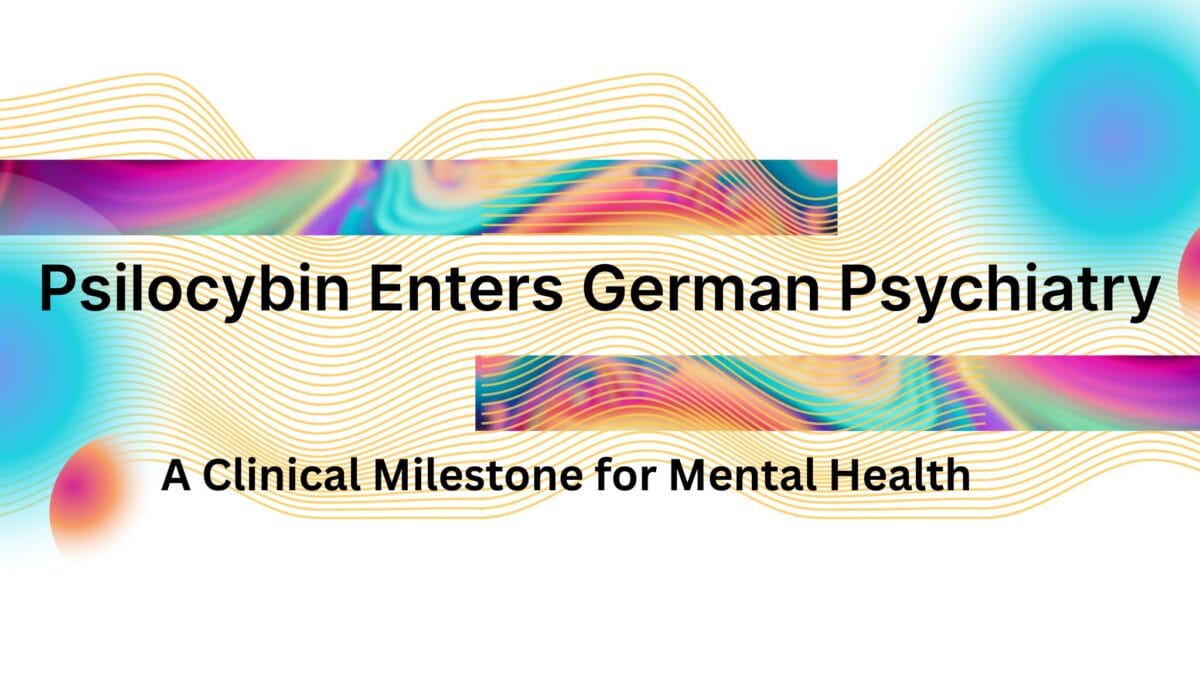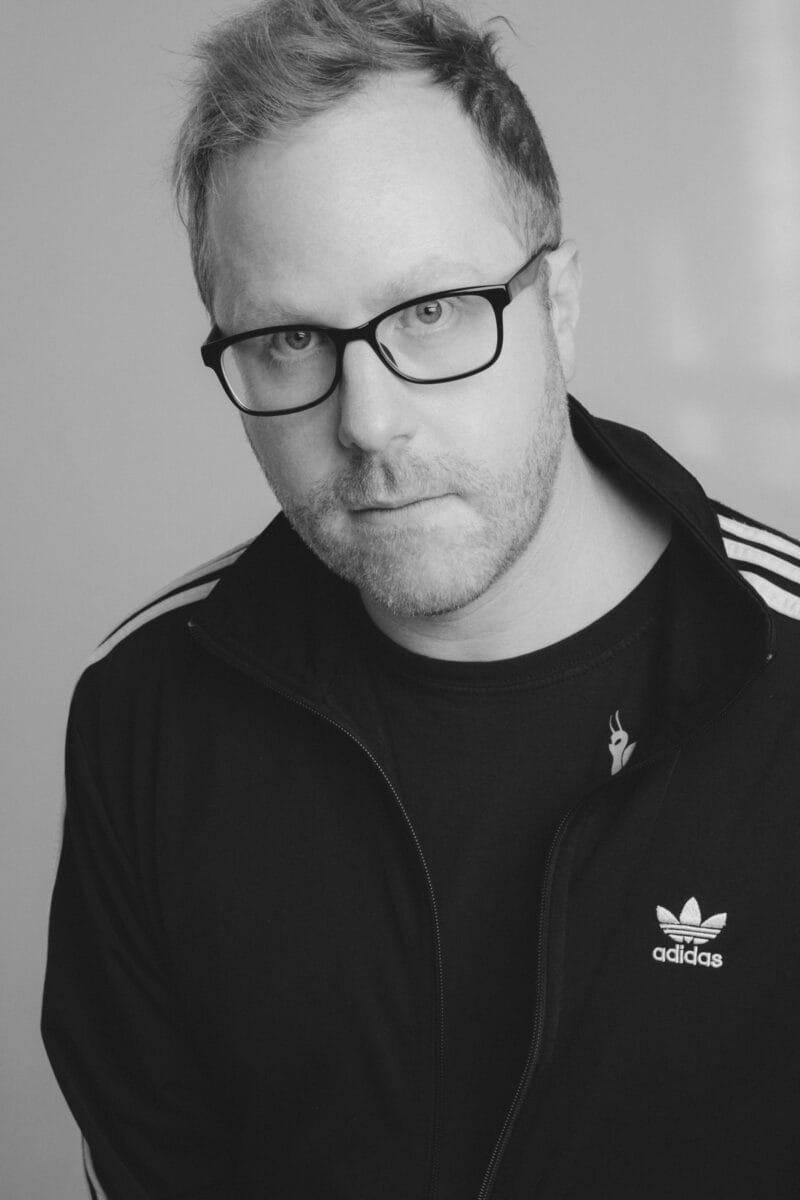Germany’s decision to permit psilocybin therapy for patients with treatment-resistant depression—under a compassionate use policy—marks a pivotal shift in European drug policy. It may set a precedent for others in the region exploring psychedelic-assisted treatments.
Unlike centralized models that require regulatory approvals, Germany’s model empowers licensed psychiatrists to make case-by-case decisions on psilocybin treatment. They don’t need to submit individual applications. This professional discretion, paired with oversight from public health authorities, could pave the way for reimbursement by insurers and more scalable access to care.
OVID Clinic is leading the program. They are a private psychiatric center in Berlin, co-founded by psychiatrist Dr. Andrea Jungaberle and researcher and author Dr. Henrik Jungaberle. Both are longtime contributors to Germany’s psychedelic medicine movement and maintain close ties to the MIND Foundation, a nonprofit focused on science-based psychedelic education and ethics. OVID has been recognized for its integrative model, which includes virtual reality–supported psychotherapy and ketamine-assisted treatment alongside research-driven psychedelic care.
According to a press release issued by MIND Foundation and OVID Clinic, the psilocybin treatments offered through this program are part of “a multi‑professional and integrative therapeutic approach that takes into account the psyche, body, and life context in equal measure,” said Dr. Andrea Jungaberle. The model blends somatic and psychiatric insight with structured preparation and integration support.
Her co-founder, Dr. Henrik Jungaberle, emphasized that this program is more than just access to a molecule—it’s about embedding psychedelic treatment within a responsible care ecosystem. “With Compassionate Use, we are creating a clinical application space where research knowledge, medical care, and psychotherapeutic experience can be meaningfully combined,” he said.
Psilocybin—the psychoactive compound found in “magic mushrooms” (P. cubensis) has gained momentum globally as a potential breakthrough treatment for assorted depressive disorders (and much more), particularly for patients who haven’t responded to conventional treatments like SSRIs or talk therapy. Clinical trials in Europe and North America have demonstrated its ability to produce rapid and durable reductions in depressive symptoms, especially when administered with professional psychological support.
Germany’s move joins a patchwork of other European models that reflect growing interest—and divergence—in how nations are approaching psychedelic regulation. In Switzerland, a compassionate use pathway for LSD and psilocybin has been in place since 2014, though it requires federal approval for each patient. The Netherlands permits the use of psilocybin truffles (a legal workaround to the mushroom ban), fueling a booming retreat industry in what many view as a legal gray zone. Meanwhile, the Czech Republic is actively developing legislation to legalize psilocybin and MDMA for therapeutic use under licensed medical supervision—a sign of political openness unmatched elsewhere in the EU.
Public reaction to the announcement has been largely positive among leaders in the psychedelic field. Anne Philippi, founder of the Berlin-based New Health Club and U.S.-based New Health Institute, remarked, “This is an unexpected move for Germany, and I think the narrative around psychedelics as new tools to heal will be much easier to change. Public opinion will be affected by this tremendously.”
Her colleague, Philip Drechsel, added: “Germany’s move to allow psilocybin under compassionate use is both bold and overdue. It marks the start of a new era in EU psychiatric care. It’s a triumph of ethics, showing what’s possible when science and suffering are both heard.”
Germany’s model occupies a middle ground between central control and loose regulatory ambiguity. It allows trusted clinicians to act in the best interest of their patients while still operating within the clinical frame.
While limited to clinical contexts, the program’s launch marks a cultural turning point: psychedelic therapies are increasingly being treated not as fringe experiments, but as legitimate psychiatric tools.
Advocates of cognitive liberty, harm reduction, and trauma-informed care will note the momentum toward more humane, personalized, and integrative mental health systems.
More EU nations are exploring regulated access, and Germany’s experience could shape a broader continental conversation.
Beyond legal structures, this also raises more profound questions:
Who will receive treatment first?
How can clinicians be adequately trained?
How can we ensure that the unfolding psychedelic ecosystem prioritizes access, safety, and equity, not just innovation and profit?



